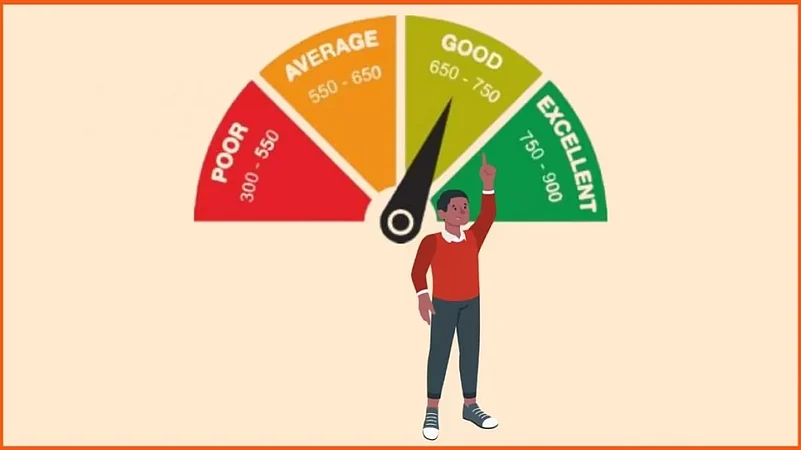Credit cards can be significant tools for establishing financial convenience but how they are managed often has consequences beyond monthly bills. Your credit score can still be impacted by certain spending patterns even if you pay your payments on time. With so many people using credit cards daily, it's important to know how your Credit Utilisation Ratio impacts your score and how to manage it can help keep your credit healthy.
How Credit Utilisation Impacts Credit Score
One important thing that affects your credit score is how much credit you use compared to your total limit. This is called the credit utilisation ratio. It contributes largely to determining your credit score. By utilising a small portion of your available credit can positively impact your credit score and show responsible credit management. Using up a small percentage of your total credit can have a positive impact on your credit score and can show that you are responsible in managing your credit.
Some financial experts suggest using 30 per cent or less of your utilisation as it may indicate excessive dependence on credit. Even if you are paying your minimum limit each month, having a high credit utilisation will effect negatively as it shows the lender you could be under some financial problems. Lenders often see high CUR ratios as a cause for concern.
Ways to Manage Your Credit Usage
Use More Than One Credit Card
Consider spreading out your spending among several credit cards rather than utilising one for all of your purchases. By keeping each card's balance smaller, you might raise your credit use ratio. It also shows lenders that you're managing credit responsibly, which can positively influence your credit score over time.
Ask for a Higher Credit Limit
If you have a positive history of payments, consider asking for an increase on your credit limit. You can effectively reduce your credit utilisation ratio when your credit limit rises but your expenses remain constant. This will make a positive impact on your credit score by demonstrating to lenders that you have some available credit and not overextending yourself.
Pay Your Bills More Often
You don't need to wait until your credit card's due date to pay off your balance. Making payments more frequently throughout the month can help lower your reported balance when your statement is generated. This practice keeps your credit utilisation ratio low and can boost your credit score over time.
Don't Close Your Old Cards
Even if you rarely use some of your older credit cards, it's better to keep them open. These cards add to your total available credit, which helps reduce your credit utilisation ratio. Closing them lowers your overall credit limit and can unintentionally increase your utilisation ratio, potentially hurting your credit score.
Keep Track on Your Spending
Regularly monitoring your credit card spending is important to avoid unintentionally high balances. Use tools such as reminders, budgeting apps, or even manual tracking to stay aware of your charges. By staying informed, you can prevent your credit utilisation ratio from creeping up, which helps maintain a healthy credit score.














